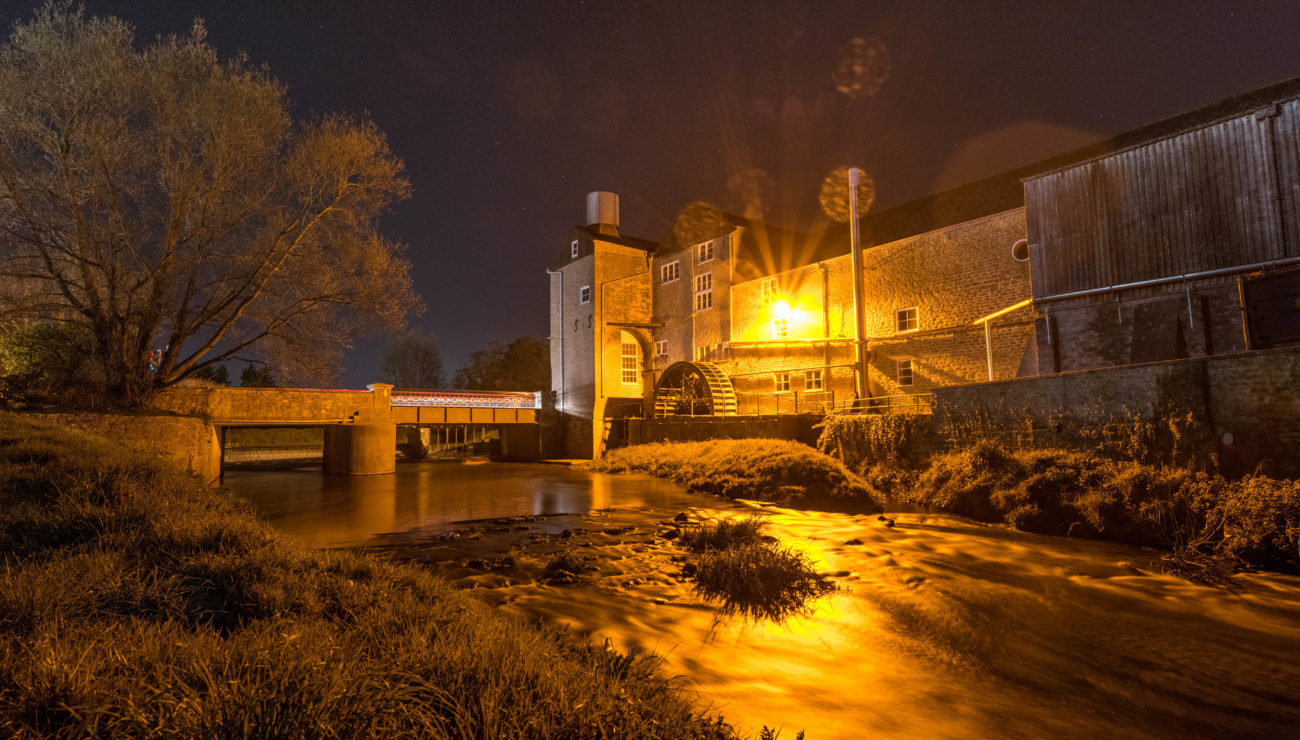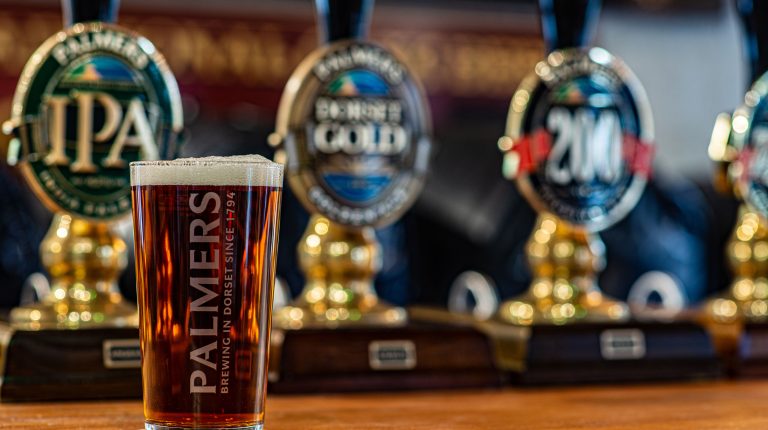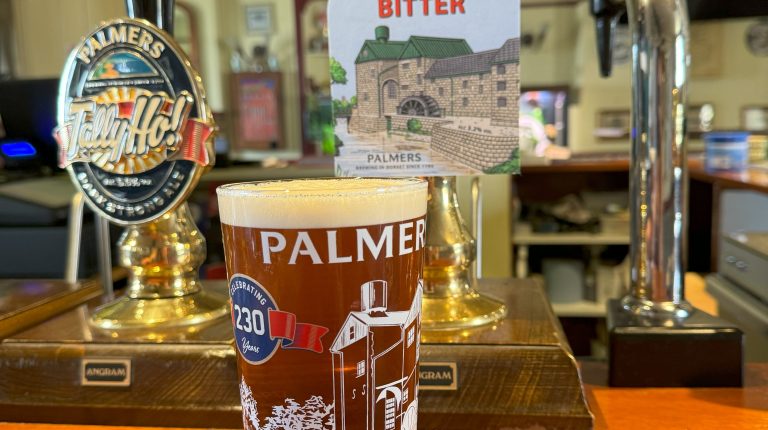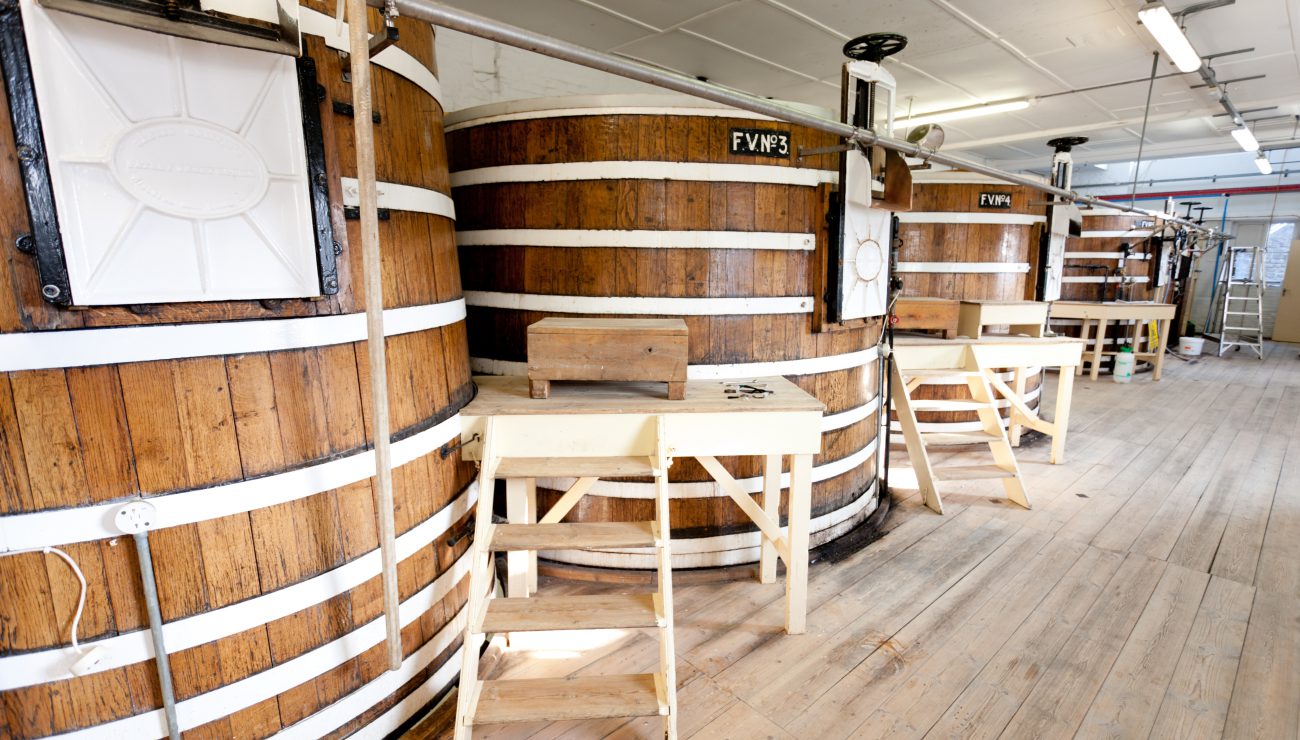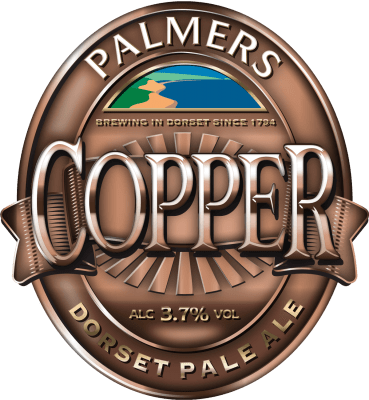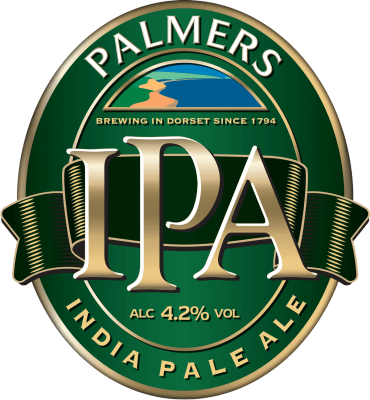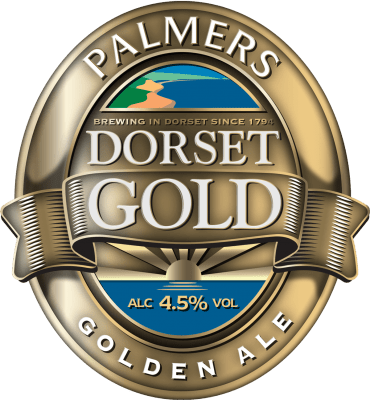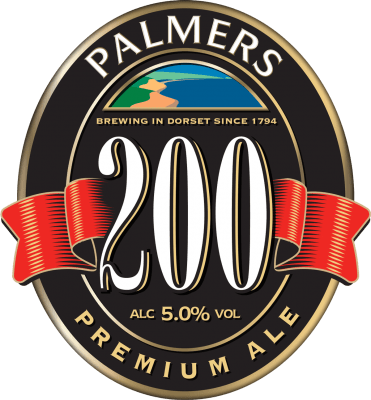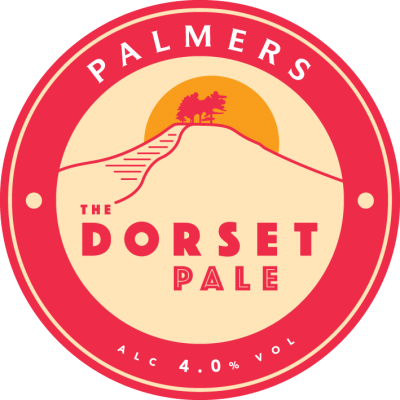For the first time in hundreds of years, rare fish including salmon, eel and sea trout are able to swim up the River Brit to spawn, thanks to a new fish pass installed on the river at Palmers Brewery in Bridport, Dorset.
The lariner style fish pass creates a channel of water through which fish can swim, by-passing the weir and the hatches that have barred their progress up the river since the late 18th century.
‘This is a really exciting and worthwhile project that we were very happy to support,’ said John Palmer, chairman of Palmers Brewery.
The fish pass has been provided in joint partnership between Palmers and several organisations, including The Westcountry Rivers Trust, Frome, Piddle & West Dorset Fisheries Association, Friends of Rivers and The Environment Agency.
The Westcountry Rivers Trust and the Fisheries Association raised funds from the Environment Agency and the National Association of Rivers Trusts. Consultant Clive Thorp steered the project through the complex planning process and Fishways Engineering of West Sussex designed the fish pass.
The pass is part of a much larger project being carried out by The West Country Rivers Trust across the whole of the South West region. Work includes the recent replacement of Head Weir on the River Mole, one of the main tributaries of Devon’s River Taw. This replaced the old weir and fish pass with a state-of-the-art pool and riffle system that was the first of its kind in Britain.
Dr Dylan Bright, Director of the West Country River Trust, said: ‘These important migratory fish species are in decline but the EU Water Framework Directive has for the first lime linked our assessment of river health with ecological health, like fish abundance. Accordingly we can now access funds to address cause of ecological failure in rivers and in many cases it is a manmade obstacle which is causing the problem.
‘In the South West this often means putting right things that were introduced hundreds of years ago as part of industrialisation. Bridport’s a good example – it was a centre for the rope and net industry and its rivers have many weirs that were put in to create the water drop necessary to drive water wheels for the mills. Some of these weirs which included wire netting were impassable upstream to migratory fish.’
The 18th-century weir at the back of Palmers was originally used to create enough water for the brewery wheel, which was the building’s main source of power until 1930 when mains electricity came to the town. Today it is kept in working order though no longer used.
‘We hope to see salmon return to the headwaters of the River Brit and Asker next year,’ added Dr Bright.

